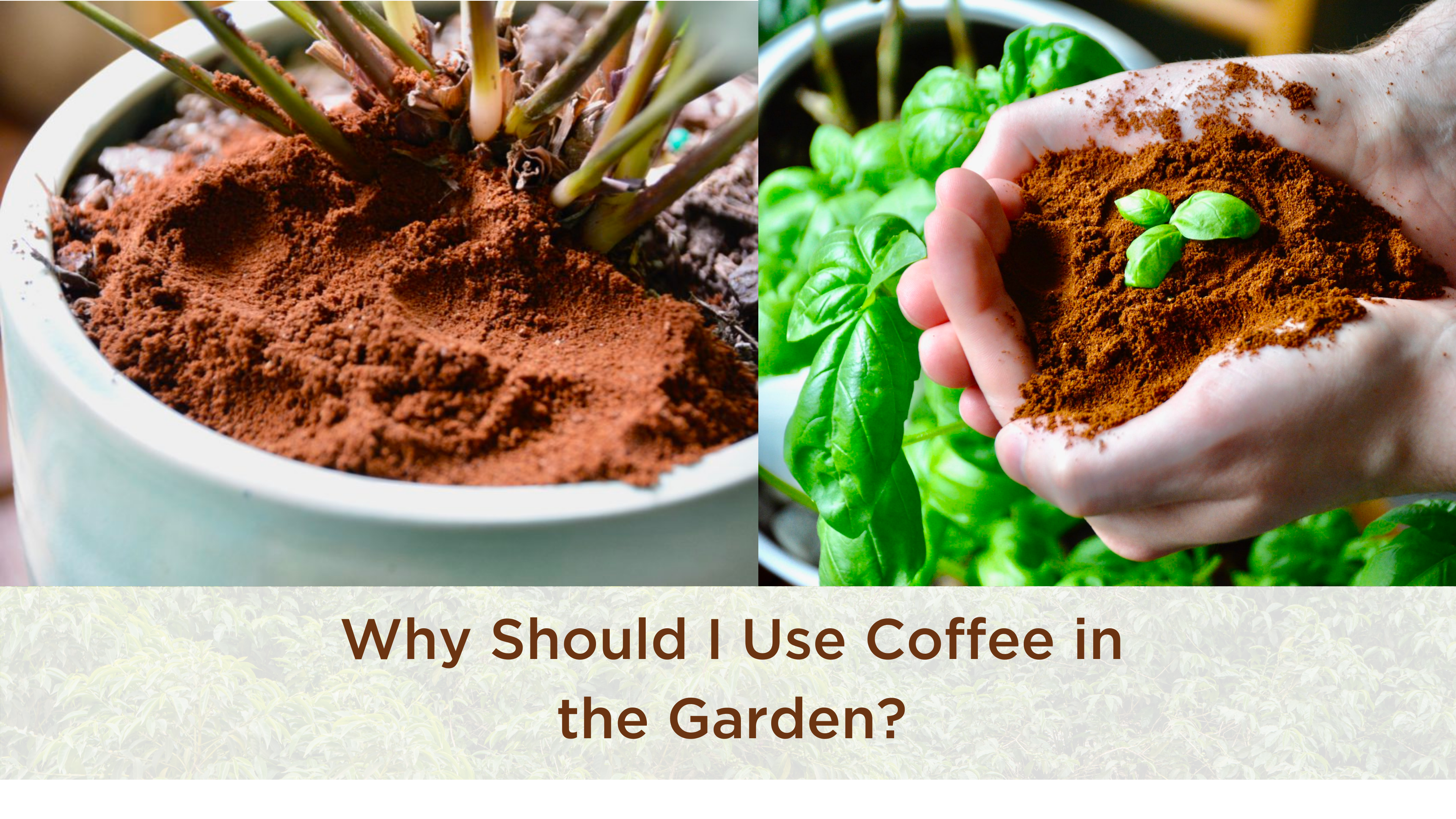
Something about gardening seems to have a myriad of benefits for the body and soul. Not only does it boost your mental health, but, according to some studies, gardening can promote physical health, too!
Gardening has been shown to not only reduce depression symptoms, anxiety, and stress, but also to boost your mood and increase cognitive function, quality of life, and sense of community.
And you know what else has loads of benefits for your body? Coffee! Countless studies have shown the benefits and risks of different types of coffee, as well as using coffee in different ways.
Color-changing coffee: coffee turns plants blue?
Yes, it turns out that adding coffee grounds to the soil of certain plants can change their color. Sensitive French hydrangea, specifically, can be transfigured into a bright blue flower with the help of your spent coffee grounds.
Starting in November, pat your used coffee grounds into the soil around the plant. Do this two or three times a year for the brightest blue blooms all summer long. Or just scoop your French press grounds out any time you enjoy a coffee in the yard - immune to the residual caffeine, your hydrangea will happily soak up as much espresso as you can give it! Your entire garden’s soil will love all the extra nitrogen that coffee grounds impart, too.
On top of this, different types of coffee will get you different results. Arabica beans, the most popular bean in America, are the most acidic type of coffee bean, which accounts for this bright blue hue. But if your blooms fade to purple or even bright pink in the summer, this may be because you’ve switched to the less acidic cold brew coffee. With a longer extraction time, our cold brew concentrate doesn’t draw as much acid out of the beans. This results in a smoother flavor.
Other smoother coffees, despite their rounded, balanced taste, actually retain more acid in their grounds due to less roasting, while a black-roasted, rich espresso can have a surprisingly low pH. Our Swiss water process decaf coffees have the least acid of all, as the process thoroughly flushes caffeine and acid out, but leaves all the flavor. Have fun experimenting!
Conversely, if you want pink hydrangea flowers, other kitchen waste like banana peels, watermelon, mango, papaya, and kiwi skins can help you alkalize your soil for this litmus test-like plant.
 US Dollars
US Dollars


